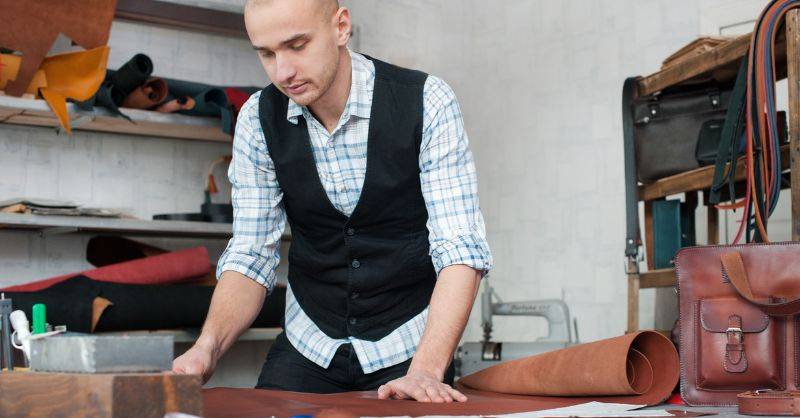Exploring the Global Leather Goods Supplier Market: A Comprehensive Analysis

In today's global marketplace, leather goods have continued to capture the attention of fashion enthusiasts and connoisseurs alike. As demand for high-quality leather products grows, the role of leather goods suppliers becomes increasingly crucial. In this article, we delve into the world of leather goods suppliers, exploring their significance in the industry, the wholesale market, exporting opportunities, and the overall manufacturing landscape.
Leather goods suppliers play a vital role in the distribution of leather products across the globe. These suppliers act as intermediaries between manufacturers and retailers, ensuring a smooth flow of goods from production to the hands of the consumers. They form an integral part of the supply chain, providing a wide range of leather goods, including handbags, wallets, belts, shoes, and much more.
The wholesale market is a key aspect of the leather goods industry, and suppliers serve as the backbone of this segment.
With the globalization of trade, leather goods suppliers also have ample opportunities to expand their reach through exporting. Many suppliers venture into international markets, leveraging their expertise to meet the demands of overseas buyers. As an exporter, a leather goods supplier has the chance to tap into new markets, collaborate with international retailers, and showcase the quality and craftsmanship of their products on a global scale.
The manufacturing process is a crucial element in the leather goods industry, and leather goods suppliers have a significant influence on this aspect as well. Suppliers work closely with manufacturers to ensure the production of high-quality leather goods that meet market standards and customer expectations. By maintaining strong relationships with manufacturers, suppliers can source and curate an extensive range of leather products, offering their clients a diverse selection to choose from.
In recent years, the demand for leather goods has experienced remarkable growth, driven by factors such as changing fashion trends, rising disposable incomes, and an increasing preference for durable and timeless accessories. This surge in demand has prompted leather goods suppliers to adapt and innovate in order to stay ahead of the curve. By keeping a close eye on consumer preferences and market trends, suppliers can offer trendy and fashionable leather products that cater to the evolving needs of customers.
Furthermore, sustainability has emerged as a significant concern within the leather goods industry. Consumers are increasingly conscious of the environmental impact of their purchases, and they expect suppliers to adhere to ethical and sustainable practices. As a result, many leather goods suppliers are adopting eco-friendly manufacturing processes, sourcing leather from responsibly managed farms, and implementing recycling and waste reduction initiatives. These sustainable practices not only appeal to environmentally conscious consumers but also contribute to the overall reputation and credibility of the supplier.
The role of leather goods suppliers in the industry is multifaceted and vital. From facilitating the wholesale market and exploring exporting opportunities to influencing the manufacturing process and adapting to market trends, suppliers play a crucial part in the global leather goods ecosystem. As the demand for leather products continues to rise, it is imperative for suppliers to prioritize quality, sustainability, and customer satisfaction to thrive in this competitive market. By doing so, they can establish themselves as trusted partners for retailers and businesses worldwide, ensuring the availability of top-notch leather goods for fashion enthusiasts and consumers alike.
Previous Story
- The Rising Demand for Genuine Leather Garments and...
- Japan Companies Turn to Apple Waste to Make...
- LVMH Métiers d'Art invests in Italian leather specialists
- Gentcreate launches premium leather bags exclusively for men
- Growing demand designed for Italian leather merchandise spurs...
- Bottlenecks facing Bangladesh’s export sector
- Lee Cooper high ranking representative shows up today